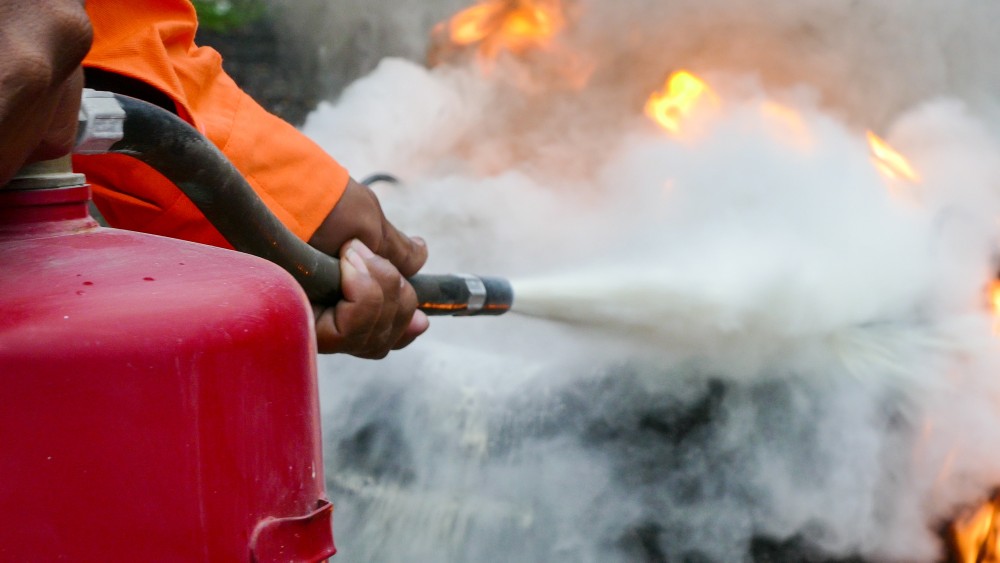Fire protection is a necessity for every Sydney company. It’s not only an essential legal requirement however, it’s also a method of keeping the property, employees and customers protected. The effects of fire can be devastating within minutes. With adequate safety measures implemented, many of these risks can either be prevented or reduced. Fire inspections and regular testing of electrical systems and compliance with CFSP standards all help to ensure that the environment is safe.
Fire inspections are why they are the foundation of safety
Inspections for fire safety are the primary line of defense against hazards. They ensure that all components of the fire protection system in the building are functioning and in good condition. Businesses are located in Sydney are required to carry out inspections at least six times annually, based on the kind of building they are operating and council regulations. Inspections may include anything from sprinklers and smoke alarms systems, to fire alarm panels as well as hydrants, emergency lighting, and even fire alarms.

The ability to detect concealed issues and address the problem before they pose a risk is what makes inspections so crucial. In a situation of emergency, a small flaw in a smoke detector, or an unreliable fire hydrant could appear insignificant. The owners of businesses who regularly inspect their fire hydrants are ensuring they meet their legal obligations and also taking precautions against unexpected disasters.
Testing and Tagging Testing and Tagging: Addressing Hidden Electrical Safety
Electrical systems are one of the leading causes of workplace fires, which is why testing and tagging should always be part of a fire safety plan. The procedure involves examining electrical equipment for functionality, safety and conformity, before adding a tag to show that the item has been inspected. For many companies, this is more than a routine requirement it is a safeguard against dangers that usually go by unnoticed.
Incorrect appliances, old wiring, or worn-out cables can easily become fire hazards when left unchecked. By carrying out regular testing and marking, businesses decrease the chance of electrical faults leading to a fire outbreak. This also assures employees that their environment is safe, building confidence and trust in the workplace. In conjunction with fire inspections and testing, this extensive safety strategy minimizes risk from a variety of angles.
The job of CFSP is compliance and certification
Only an Competent Fire Safety Professional (CFSP) who is based in New South Wales, can be a signer and certify important documents for fire safety such as Annual Fire Safety Statements. The introduction of CFSP accreditation has raised the bar for fire safety by ensuring only experts with qualifications assess and confirm the safety measures. Working with the CFSP assures that inspection reports aren’t just paperwork, but reliable evaluations by experts.
The job of a CFSP extends beyond checking off boxes. These professionals provide detailed reports and confirm compliance to rules and regulations. Without CFSP certification, businesses could face fines, legal issues and even shutdowns if their security measures for fire are judged to be inadequate. If you work with professionals certified in fire safety, it is possible to ensure that your equipment is maintained correctly. Additionally, you will be able comply with all compliance requirements without unnecessary stress.
Fire Safety as an Ongoing commitment
Fire safety is an ongoing obligation for every business owner. The safety cycle will never end with regular checks, testing electrical systems on a regular basis, and certifying under CFSP supervision. This approach is not only legal, but also creates a safer environment in the workplace. Employees are reassured that evacuation plans clearly laid out are in place and smoke alarms work, emergency lighting is tested, and fire suppression equipment is ready to use.
Fire safety is a ongoing procedure, not a box that companies must check each year. This lowers the risk and improves the image of a company. Customers and clients are more comfortable in a setting where safety is clearly emphasized. In the long term investing in proactive fire protection can save costs by avoiding costly damages such as fines, legal battles, while also protecting the lives of those who enters the premises.
Conclusion
Fire safety in Sydney requires a multi-layered approach that includes fire inspections as well as testing and tagging, and the professional certification of an CFSP. Each of these components is crucial in helping businesses adhere to laws, but most importantly to safeguard property and lives. Safety is an integral component of every business’s operations not something that is merely a side-effect. Companies can fulfill their legal requirements and create more stable and secure setting in the future, if safety is a regular part of daily operations.